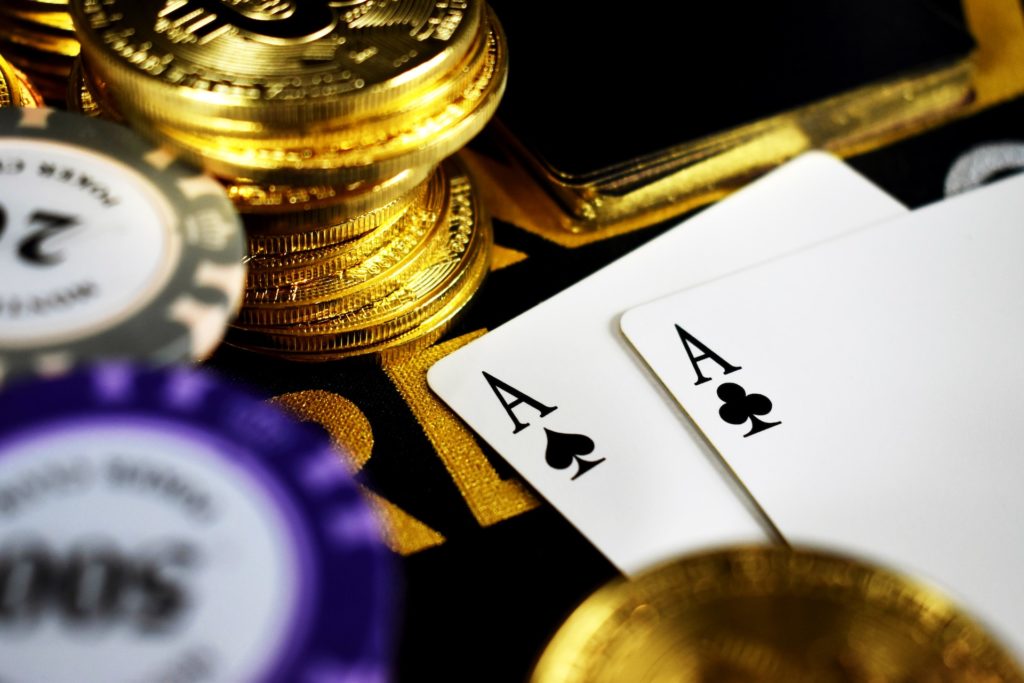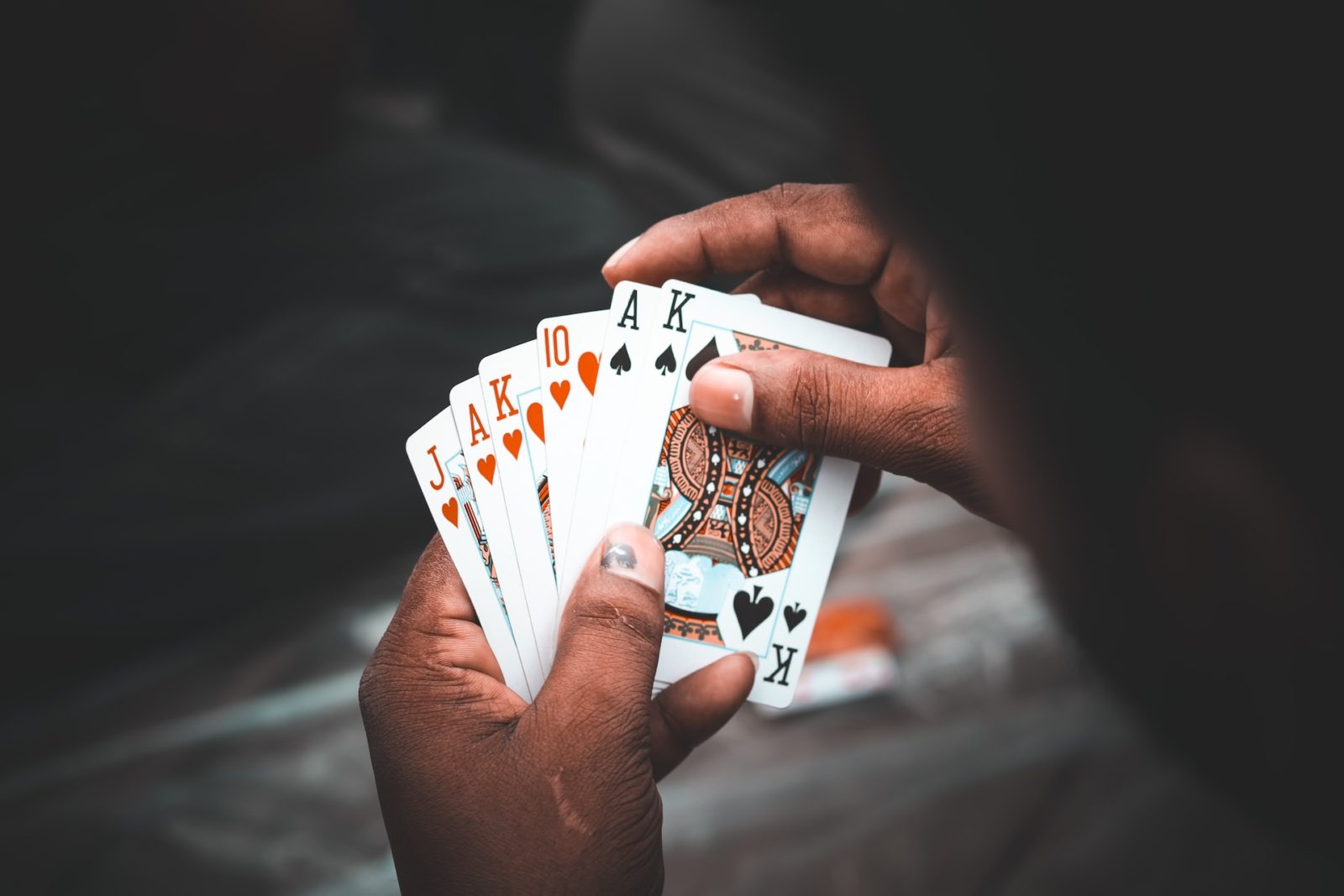In the world of gambling, the thrill of the game and the excitement of potential wins can often overshadow the importance of responsible play. Yet, responsible gambling is not just a catchphrase; it’s a critical approach to ensure that gambling remains a fun and safe activity. Whether you’re a seasoned player or new to the scene, understanding and implementing responsible gambling practices is essential to maintain control and enjoy the experience without adverse consequences.
Gambling, a pastime enjoyed by millions worldwide, can be an exhilarating and entertaining activity. However, it’s crucial to approach it with a mindset of responsible gambling to ensure it remains a pleasure and not a problem. This article offers seven key tips and strategies to help you gamble responsibly, ensuring a balance between enjoyment and safety.
1. Set a Budget and Stick to It
Creating a budget for gambling is similar to budgeting for other entertainment expenses. Determine the amount of money you can afford to lose without impacting your daily life. This means considering your essential expenses such as rent, bills, and groceries, and then allocating a specific amount for gambling. It’s vital to view this budget as a limit, not a target. If you happen to lose this amount, it’s crucial to stop playing immediately. This disciplined approach ensures that gambling remains a leisure activity and doesn’t lead to financial strain.

2. Keep Track of Time
Gambling can be absorbing, making it easy to lose track of time. By setting a time limit, you not only maintain a healthy balance between gambling and other life activities but also prevent fatigue, which can lead to poor decision-making. Regular breaks are important, especially during longer sessions, as they provide an opportunity to assess if you’re still playing for enjoyment. This strategy helps in maintaining a clear mind and ensures that gambling doesn’t interfere with your daily responsibilities or social life.
3. Understand the Odds
A clear understanding of the odds in gambling is crucial for responsible play. Remember, each game has a built-in house edge, favoring the casino. Understanding this helps set realistic expectations and appreciate that gambling is a form of paid entertainment rather than a viable source of income. Educating yourself about the rules and odds of the games you play not only enhances your gaming experience but also helps in making informed decisions about where and how to play.
4. Don’t Chase Losses
Chasing losses is a common trap that can lead to significant financial and emotional distress. It’s essential to accept losses as an inherent part of gambling and resist the urge to increase bets in an attempt to recover lost funds. This behavior can escalate quickly, leading to larger losses and potential addiction. Keep in mind that each bet is independent, and previous losses don’t increase the chances of winning in the future.
5. Take Regular Breaks
Taking breaks is a simple yet effective way to ensure responsible gambling. These pauses allow you to step back and evaluate your current situation, including your emotional and financial state. It’s an opportunity to reassess if you’re still playing for enjoyment and to check if you’re adhering to your set budget and time limits. Regular breaks help in preventing impulsive decisions and can be a moment to remind yourself of the importance of responsible gambling practices.

6. Avoid Gambling Under Influence
Alcohol and drugs can significantly impair judgment and decision-making abilities, leading to risky gambling behavior. It’s important to gamble with a clear mind to make responsible choices. Gambling while under the influence can lead to overspending and playing for longer than intended, often with negative consequences. Stay sober when gambling to ensure you stay in control of your actions and decisions, maintaining a safe and enjoyable gambling experience.
7. Know When to Stop
Recognizing the signs of problem gambling is crucial for responsible play. This includes monitoring changes in your behavior, such as gambling more frequently or with larger amounts, and being aware of the emotional and financial impacts. If gambling ceases to be fun, becomes a source of stress, or leads to financial difficulties, it’s time to take a step back. Seeking help and support from professionals or support groups can be a beneficial step in maintaining a healthy relationship with gambling.
Conclusion
Responsible gambling is about making informed decisions and understanding the risks involved. By following these seven tips and strategies, you can enjoy gambling as a form of entertainment without letting it negatively impact your life. Remember, gambling should always be fun, and it’s up to you to keep it that way.











